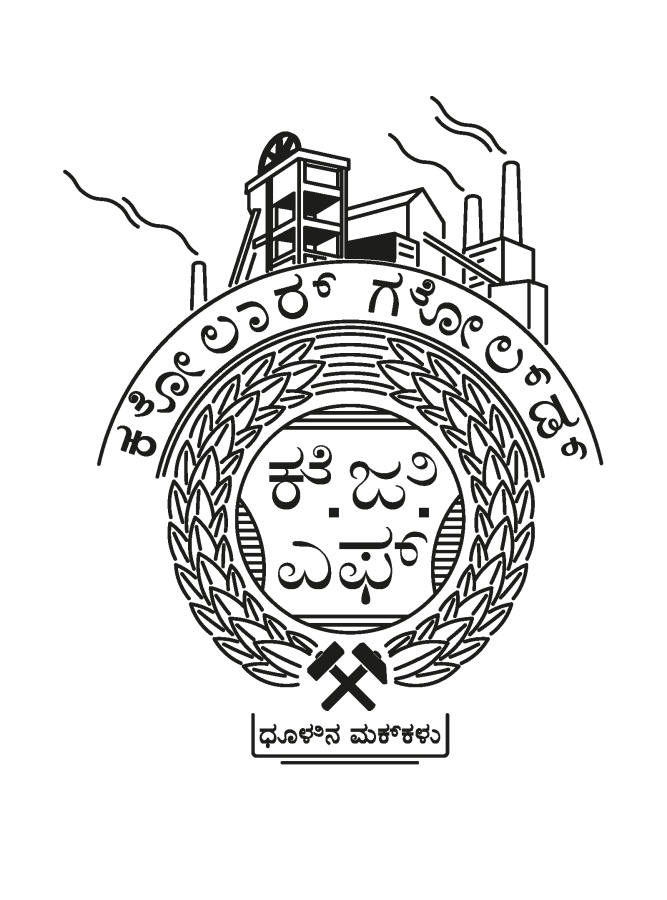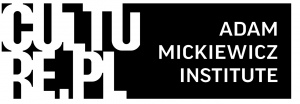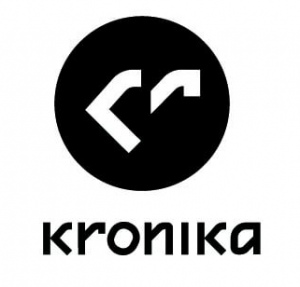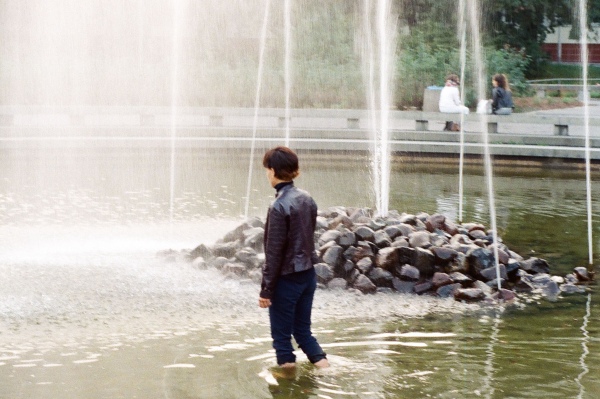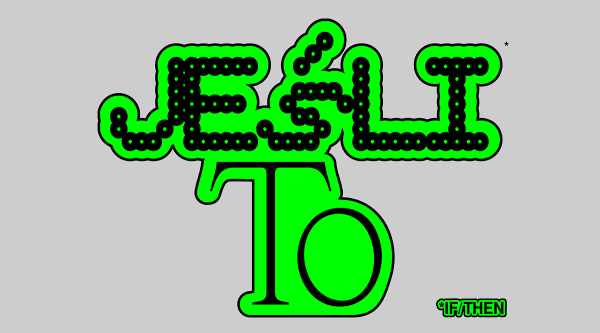Lakshmi Karunakaran and Anna Okrasko
Children of Dust.
Stories of children from closed mines
Once hailed as great industrial feats, both Kolar Gold Fields in India (KGF) and Bytom in Poland are now crumbling ghost towns. The population of Bytom continues to decline with over 3,000 people leaving the city every year. Those who stay back, struggle with poverty, social problems, environmental hazards and lack of hope. Similarly in India, ever since the gold mines shut down a decade ago, over 80,000 people have left in search of livelihood. Out of the remaining workforce, over 30,000 people commute each day by train to Bengaluru – three hours and about 100 km away – to make a living, returning only at night.
During the residency at U–jazdowski (from August till November 2017) Anna Okrasko and Lakshmi Karunakaran, artists and educators will be working in Bytom together on project bringing to light the social costs of economical transformations and the resulting generational changes in the level of life of the inhabitants of post-industrial regions.
The project consists of two art-based workshops with children, in Poland and in India. Children (8–12 years old), from disparate socio-economic backgrounds will attend 8 days art-based workshops focused on their memories. One workshop in Poland and another in India. As part of the workshops, the children will make personal portraits, family trees and map their mining towns as they perceive them. They will also interview their families to understand their stories and relationship with the landscape. As they capture their personal histories, the generational shifts in their living conditions (the children’s grandparents worked in the mines, their parents are forced to migrate or commute over hundreds of kilometers in order to seek jobs), the socio-economic, cultural and religious milieu of the past and present are revealed.
All events are recorded in order to document the entire process. Our aim is to publish this documentation in the form of a website and thus to create a platform containing film clips and audio recordings and photography, available for the children and their families, as well as for international audiences. The stories of the people of the post-industrial regions are interwoven within the website’s space in order to build a collective narrative. The central, essentially social story drives the documentation and is told through real scenes and informal conversations. The main subject of our workshops and their documentation is an open question about the prospects of youngsters, emerging from the exploration of kids’ history and their present, their dreams and aspirations for the future, as well as broader questions about the social costs of economical transformations in the post-mining regions across the globe.
Through contact with the material that will be created during the workshops, participants will become aware of how their family histories relate to experiences made by their peers in another country, that is located thousands of kilometers away. Children will get a chance to meet people from different culture (also through a contact with pedagogues facilitating the workshops) and through referencing their personal stories to build solidarity and deeper understanding of the living conditions of young people in different continents.
Children thanks to educators help with whom they will explore their family histories and their relationship with the surrounding landscape will be able to go well beyond schematic thinking and could try creating alternative scenerios for speaking about their present situation and their future.
